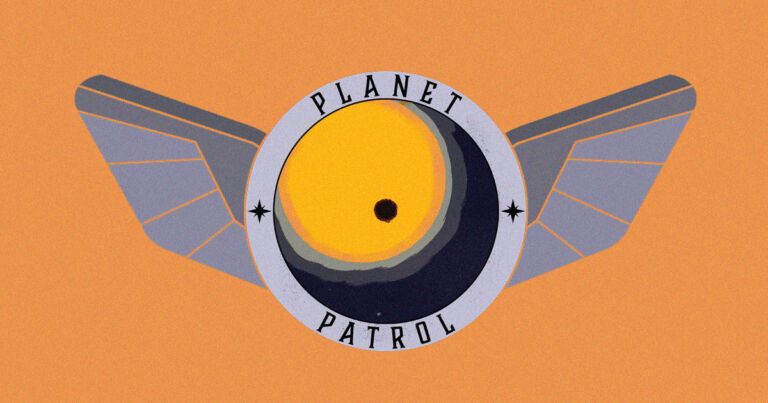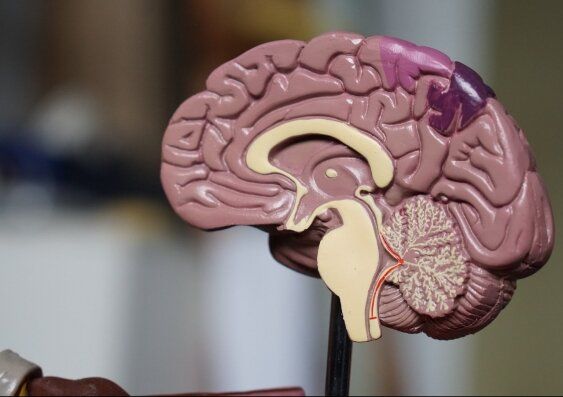Frost & Sullivan’s recent analysis, Data Science Impacting the Pharmaceutical Industry, finds that data science tools are promising technologies transforming drug discovery costs, speed, and efficiency. When combined with other emerging tech areas, artificial intelligence (AI) technologies move…
Pharmaceutical companies and hospitals are adopting data science rapidly, and its application is going to be established in all branches of healthcare
SANTA CLARA, Calif., Sept. 29, 2020 /PRNewswire/ — Frost & Sullivan’s recent analysis, Data Science Impacting the Pharmaceutical Industry, finds that data science tools are promising technologies transforming drug discovery costs, speed, and efficiency. When combined with other emerging tech areas, artificial intelligence (AI) technologies move to the next phase of advancements. Hence, they are expected to witness adoption by pharma and biotech companies in the next four to five years. Further, with the COVID-19 pandemic, AI and machine learning (ML) can be used for drug research and clinical trials against the coronavirus to screen large databases and perform docking studies to identify existing potential drugs or design new drugs using advanced learning algorithms.
For further information on this analysis, please visit: http://frost.ly/4l2.
“Applying data science tools in healthcare, especially for drug discovery, has a huge potential to systematically change the entire existing practices and methods,” said Aarthi Janakiraman, Technical Insights Research Manager at Frost & Sullivan. “Additionally, pharmaceutical companies and hospitals are adopting this system rapidly, and its application is going to be established in all branches of healthcare.”






